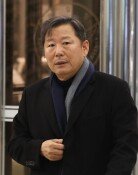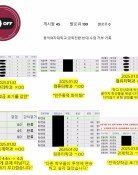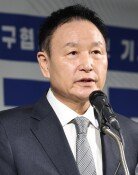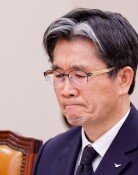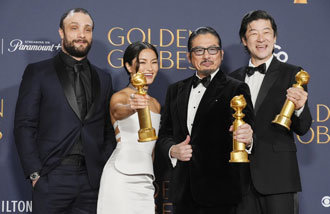[Op-Ed] Civic Groups for Class Struggle
[Op-Ed] Civic Groups for Class Struggle
Posted June. 02, 2009 07:36,
The Korea Political Science Association and the Korean Sociological Association held a large joint conference in April 1992 under the theme Koreas Political Change and Civil Society. The event was held after the general elections held March 24 the same year in the wake of the overwhelming success of opposition parties after the ruling party merged with the second and third-largest opposition parties. Han Wan-sang, who was a Seoul National University professor at that time, said at the conference, A war of position like a civic movement is appropriate for our society and we need it. He meant a civic movement should be accompanied by class movement. This conference was led by Han and Dongguk University professor Kang Jeong-koo, who later claimed that the Korean War was a war of unification.
Kim Gwang-dong, the head of Nara Policy Research Institute, said in a seminar hosted by the Center for Free Enterprise and the Free Democratic Research Association yesterday, It was an occasion that formed the opinion of the anti-regime civic movement in Korea. As communism collapsed, left-leaning movement groups were unable to trigger a revolution like in the former Soviet Union or stick to Marxism-Leninism. Italian communist and social theorist Antonio Gramsci came up with a transformed revolutionary strategy called civil society and war of position. That means civic groups representing civil society must start a class struggle and attack the government.
Western social-contract theorists including John Locke saw civil society belonging to a larger concept of government. Civil society is where the government is the public body guaranteeing life, freedom and wealth, and parliament and the judiciary branch are where the peoples rights are delegated. Korean leftist groups that accepted Gramscis theory distorted this concept and said civil society exists outside the government. Of course, the groups claimed they represent civil society.
Some say the era of ideology is over, but leftists are using other covers for their ideological struggle, said Kwon Hyeok-cheol, director of law and economy at the Center for Free Enterprise. He implied that civic groups are waging a war of position for class struggle, which still threatens freedom in the country and a civilized society, in a different way. A good example is the Media Development Research Committee under the National Assembly, which was created based on the notion of putting more value on public opinion instead of election results. Kangwon National University professor Shin Joong-seop said, It is better to call them NGOs rather than civic groups. Class struggle group is yet another name to call them.
Editorial Writer Kim Sun-deok (yuri@donga.com)



